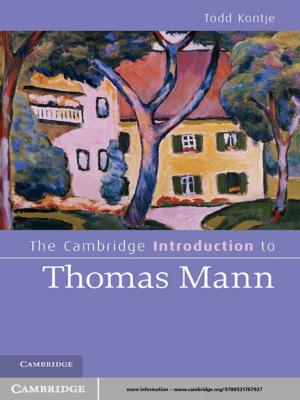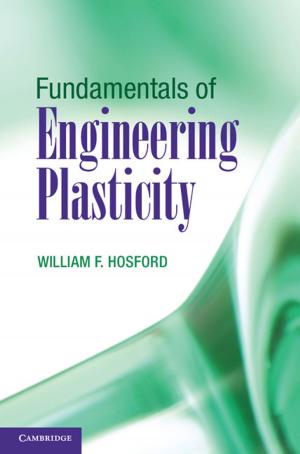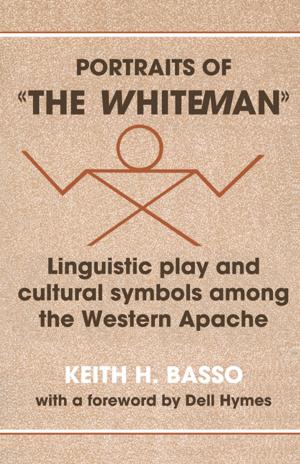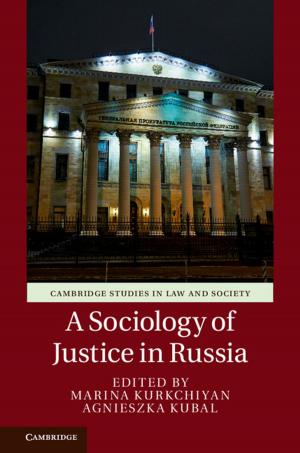Shock, Memory and the Unconscious in Victorian Fiction
Fiction & Literature, Literary Theory & Criticism, British, Nonfiction, Social & Cultural Studies, Social Science| Author: | Jill L. Matus | ISBN: | 9780511847493 |
| Publisher: | Cambridge University Press | Publication: | September 10, 2009 |
| Imprint: | Cambridge University Press | Language: | English |
| Author: | Jill L. Matus |
| ISBN: | 9780511847493 |
| Publisher: | Cambridge University Press |
| Publication: | September 10, 2009 |
| Imprint: | Cambridge University Press |
| Language: | English |
Jill Matus explores shock in Victorian fiction and psychology with startling results that reconfigure the history of trauma theory. Central to Victorian thinking about consciousness and emotion, shock is a concept that challenged earlier ideas about the relationship between mind and body. Although the new materialist psychology of the mid-nineteenth century made possible the very concept of a wound to the psyche - the recognition, for example, that those who escaped physically unscathed from train crashes or other overwhelming experiences might still have been injured in some significant way - it was Victorian fiction, with its complex explorations of the inner life of the individual and accounts of upheavals in personal identity, that most fully articulated the idea of the haunted, possessed and traumatized subject. This wide-ranging book reshapes our understanding of Victorian theories of mind and memory and reveals the relevance of nineteenth-century culture to contemporary theories of trauma.
Jill Matus explores shock in Victorian fiction and psychology with startling results that reconfigure the history of trauma theory. Central to Victorian thinking about consciousness and emotion, shock is a concept that challenged earlier ideas about the relationship between mind and body. Although the new materialist psychology of the mid-nineteenth century made possible the very concept of a wound to the psyche - the recognition, for example, that those who escaped physically unscathed from train crashes or other overwhelming experiences might still have been injured in some significant way - it was Victorian fiction, with its complex explorations of the inner life of the individual and accounts of upheavals in personal identity, that most fully articulated the idea of the haunted, possessed and traumatized subject. This wide-ranging book reshapes our understanding of Victorian theories of mind and memory and reveals the relevance of nineteenth-century culture to contemporary theories of trauma.















